#Revolutionary History
Text

28 notes
·
View notes
Text
#Revolutionary History#Cointelpro#Black Panther Party#PRRM#tw corruption#civil disobedience#patriot act
137 notes
·
View notes
Text
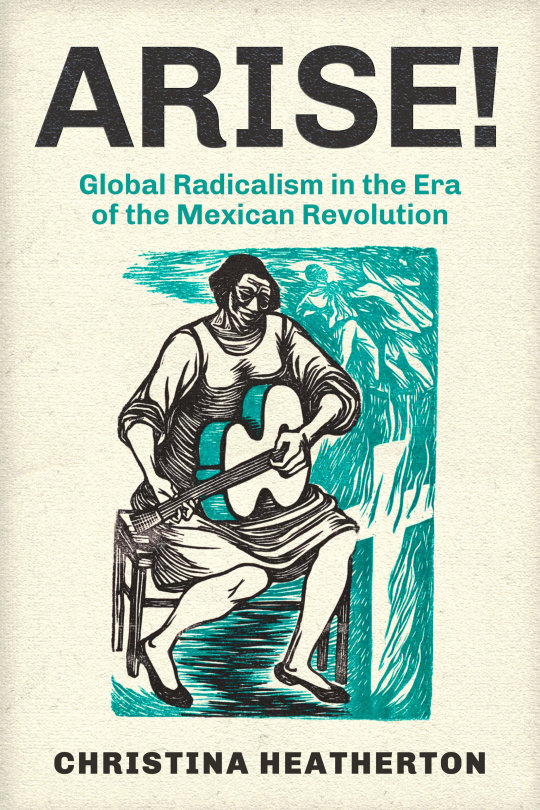
"Finally! The Mexican Revolution is restored to its rightful place as an integral act of modernity in modern history and a beacon of liberty to oppressed people throughout the world. This book demonstrates that the struggles of Mexico's peasantry, railroad workers, feminists, muralists, and others inspired and informed revolutionary movements on six continents for decades to come."
141 notes
·
View notes
Text
So, the French Revolution
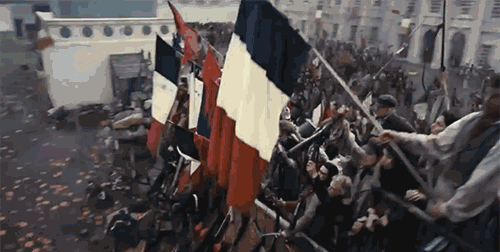
Okay, with Castlevania Nocturne coming out, this week's historical rant just has to be about the French revolution, right? Because... It is very funny to me how omnipresent it is in culture, while also... people outside of France know very little about it.
Now, I am German. And we over here were influenced by the French Revolution of course. You know, we had a revolution a bit later, too. And we did the revolution in history class. Twice, in fact. (Due to the German curriculum being kinda weird.)
But at some point I realized that even though we did it in school twice, I... barely knew anything about it. Mostly due to a lot of history around it at least in my time in school being very much Great Man history once again. So we talked about Robspierre and his dudes, we talked about the royalty, we talked about the march on Versailles (somehow leaving out it was a woman's march), and about the storming of the Bastille... But... We left out so much about what was actually happening on a social level in France or even the exact goals of the revolution outside of the good old "Liberté, égalité, fraternité" thingie. And weirdly enough... Our entire class on the end of the revolution was "But it failed". No why. No how. No anything.
And, of course, there also has been this one thing very prevailant in us talking about any of the revolutions. How a certain cheeto colored president would have phrased it: "There were good people on both sides."
And I think this last thing is a bit to present.
While the general idea about the revolution is, that it was kinda good, but also really bad because of all the death and brutality. Which, yeah, kinda is fair. But also... Is a very shallow understanding of what was going on.
What if I was to tell you, that the revolution originally was mostly peaceful?
I know, right? Like, of course there was violence and death, but it was not cruel on the part of the revolutionaries and mostly (partly because most of the clergy supported the revolutionaries) the nobility ended up giving in and tried to play the game in a way that they gave up some privilege, but not all of them. Which ended up with a system in which a lot of people gained political influence... but still about half of the men and all of the women in France had no political power.
And then... No, no guillontine. Not yet. Rather there was a war with Austria and Prussia, which would have happened either way, but there was also a lot of encouragement from the French nobility and royalty for Austria-Prussia to invade France to restore the old order.
And when those invading forces were pushed back... that was the moment when the violence and the "reign of terror" errupted. And the people started calling for bigger change. For a system were possibly EVERYONE could hold political power.
When media tackles the French revolution, it usually fails to deal with all those details. It also basically goes like: "Yeah, typical left-wing infighting," when it comes to the conflict between the revolutionary groups, completely ignoring what that infighting was about (it was about whether polical power should be for all people or just those owning land, also some stuff that we today would call civil rights and some early ideas that later on communism and the like would build upon).
I honestly do feel like we should do better teaching this.
While most people tend to agree that "overthrowing the royalty" was a good thing, a lot of people will go: "But they went too far!" And I gotta ask: "What was too far?" Like, sure, there was a lot of murder... But be aware that this murder was not unsided. And also... This entire thing happened after a lot of people starved to death. Which... Also constitutes murder?
27 notes
·
View notes
Text
Historical Materialism Course
I've spent years reading and watching things about history. Eventually I decided to compile all the useful things I've watched into a course for history from a Marxist perspective. Of course I'm limited to what videos I can find, so not everything is covered as well as I'd like, and many videos are made by liberals or even reactionaries, who may make an important point in the video, but leave out important further context. That said, I feel like video documentaries are how a lot of younger people absorb history now, so we might as well compile resources that are actually good for them.
I've broken up the videos into a series of playlists covering various periods of history. It goes from the beginning of the universe to the beginning of the Cold War. (Cold War history from a socialist perspective is so complicated and full of misinformation that at that point you really just have to delve into the books and primary sources yourself. Summary videos won't suffice.)
#history#historical materialism#dialectical materialism#revolutionary history#class struggle#Marxist theory#Marxism#communism#socialism#capitalism#feudalism#economics#economic history#archaeology#anthropology#sociology#political science#political economy#Marx#Youtube#education#dialectics#complexity theory#complex systems#Bronze Age#Iron Age#Stone Age#colonialism#imperialism#settler-colonialism
24 notes
·
View notes
Text
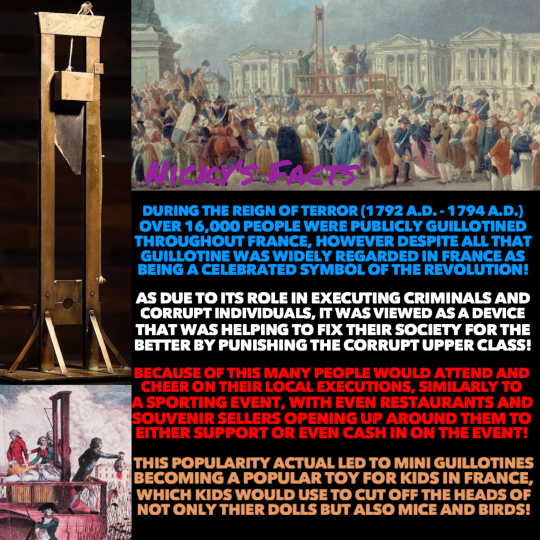
People today be like: “we are living in such a polarizing time!”
🇫🇷🇫🇷🇫🇷
Kids in 1794 Paris: “I can’t wait to cut off the heads of my doll for being royalist!”
😂
#history#guillotine#french revolution#france#toys#revolutionary history#public event#execution#romantic goth#toy guillotine#french history#dark cottagecore#revolution#spooky season#for kids#childhood#spooky#dolls#souvenirs#toy history#nickys facts
13 notes
·
View notes
Text
Tomorrow is March 15th.
History people, let's celebrate the Hungarian Revolution of 1848 together!
#history#hungarian history#magyarország#magyar történelem#revolutionary history#historical revisionism#march#march 15th#march 15#ides of march
2 notes
·
View notes
Text
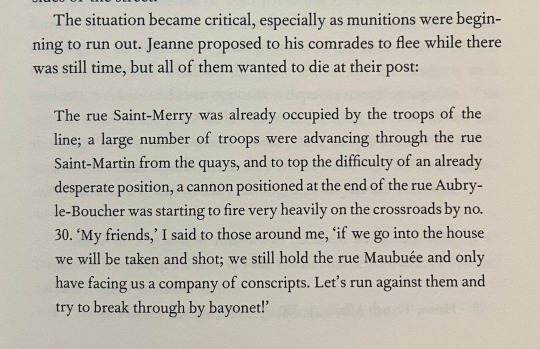
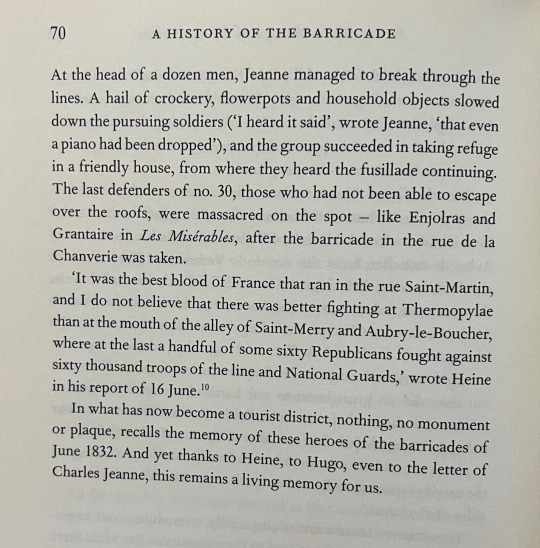
On the barricades of the June Rebellion in 1832. From Eric Hazan's A History of the Barricade, translated by David Fernbach, published by Verso in 2015.
2 notes
·
View notes
Video
youtube
Anti-Authoritarian Clowns: A Revolutionary History
0 notes
Text
Society of the Bourgeoisie
By: Eileen Rien
How do you do it?
How does the human race,
Those who still subscribe to its restraints,
Those who must work for their keep.
How do they live?
How do they live knowing they work for their mortality?
For the rest of their short eternity.
Like you, I must work for my keep,
Binded to the same restraints of monotony.
Unlike you, I crumble and I fall.
I was not molded for brick and mortar.
Neither were you, but you can swim with the current.
I thrash and kick and scream against it,
The waves of suppression quelling my pleads.
I look to all those billions of people
Those who just keep working.
Those who just keep going
Those who just keep living.
I envy them.
I don't envy much.
I've never envied anything before.
Nothing has ever deserved as much envy,
As this feat of mind,
As this feat of will.
I look at it with respect,
I look at it with pride,
Most of all, I look at it with envy seeping into my eyes.
I say all this, not to fantasize,
It is not a life overflowing with joy and satisfaction,
But, it could be fulfilling,
Not to stand so rigid against the waves of time,
To just let the waters take you,
To wherever they need you be.
I wonder what it would take.
I wonder how hard I'd have to try.
To be satisfied with this life that's so hard.
To join in this society that crushes the minds of so many revolutionaries.
#poetry#poetsandwriters#amateur poetry#bourgeoisie#we live in a society#literature and art#I have not edited this#mentally drained#mental health#writers on tumblr#capitalist bullshit#revolutionary history
1 note
·
View note
Text
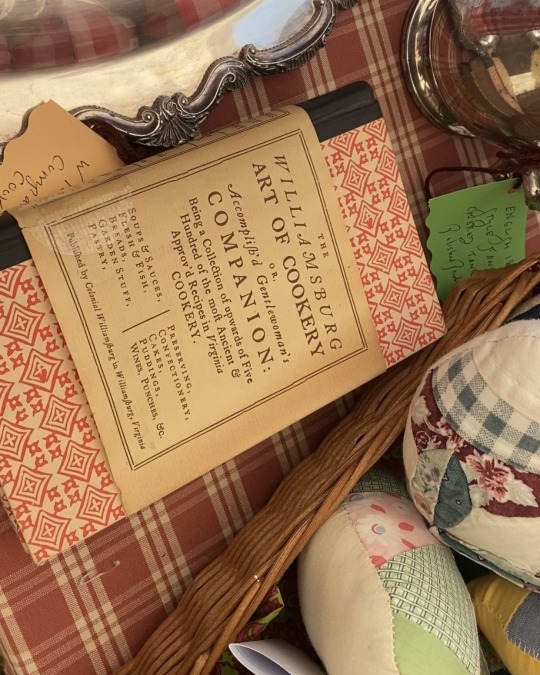
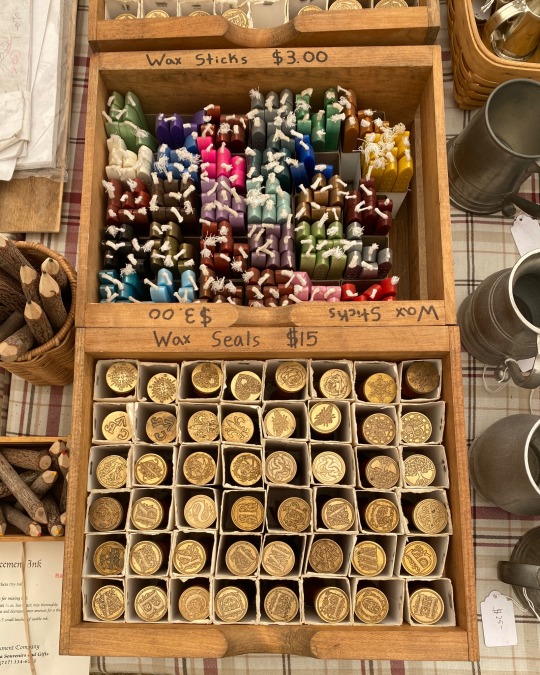


June 19th, 2023
I regret not buying one of those pocket watches at the colonial antique market I went to yesterday ://
#vintage#dark academia#antiques#academia aesthetic#light acadamia aesthetic#dark acadamia aesthetic#vintage books#antique books#colonial era#revolutionary history#colonial america#american history#🕯️
1 note
·
View note
Text
DELAWARE BEFORE The RAILROADS by Dave Tabler - U.S. History, State & Local History, U.S. Revolution & Founding
From the daily life of early settlers to the exploits of Captain Kidd, Delaware Before the Railroads shares a wealth of wonderfully-illustrated history. Highly recommended!
Delaware Before the Railroads by Dave Tabler presents a captivating visual tale of this tiny state, from 1638 to 1832, ranging between early colonial settlements and the aftermath of America’s Independence.
Delaware’s place in this seminal time of United States history is carefully illustrated through pictures with wonderful captions. Delaware Before the Railroads highlights the significant role…

View On WordPress
#Dave Tabler#Delaware#Delaware Before the Railroads#History#Illustrated#Pioneers#Revolutionary History#Revolutionary War#State History#U.S. Founding#U.S. History
0 notes
Text
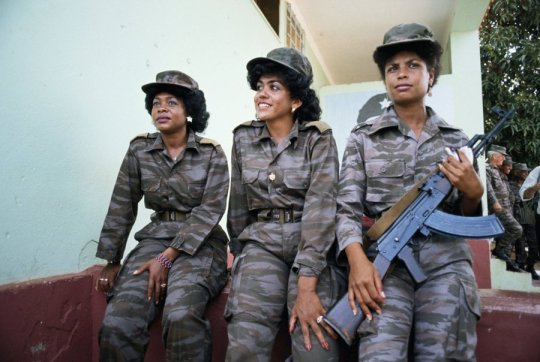

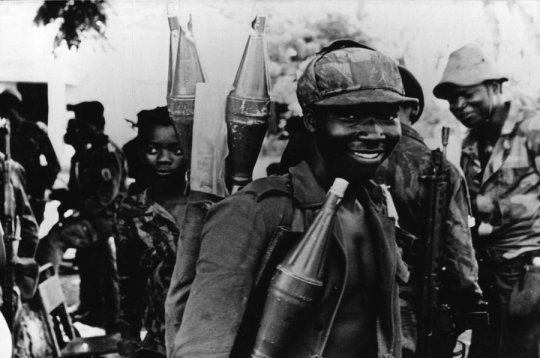


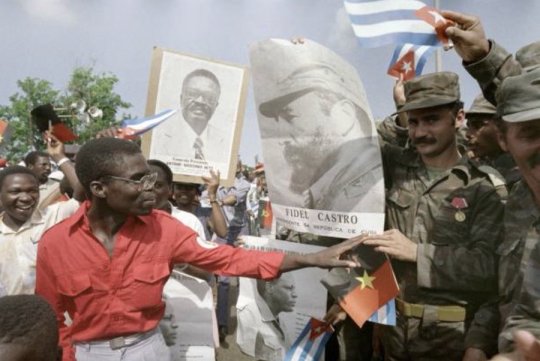

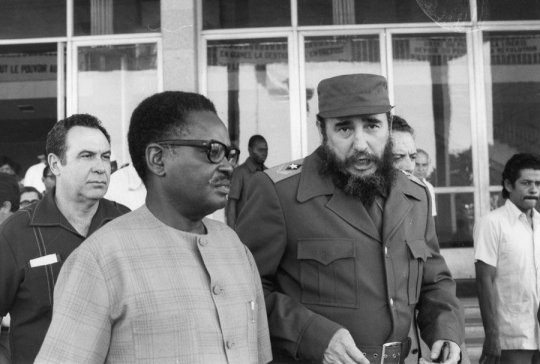

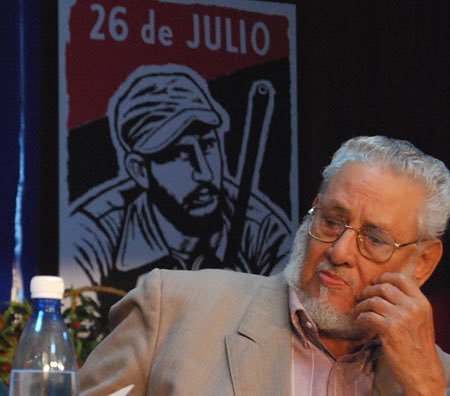
1.On this day in 1975, Cuba began Operation Carlota, its most important military internationalist mission in Africa. It was a major undertaking that contributed to the defeat of the apartheid military regime in South Africa & the independence of Angola & Namibia. More of the story:
2.Across Africa, Cuba provided military instructors & doctors, helping rebels gain their independence from Europeans. After the Portuguese dictatorship fell in 1974 & Portugal prepared to grant Angola independence on Nov. 11, 1975, three local movements fought to take power.
3.The largest rebel group with most popular support was the People’s Movement for the Liberation of Angola (MPLA). They were providing critical training & safe haven to other national liberation forces like the ANC (South Africa), SWAPO (Namibia), and FRELIMO (Mozambique).
4.In early November, the Apartheid South African Army was advancing 45 miles per day toward the capital Luanda. South Africa’s invasion endangered not only Angola’s revolution, but the struggle for liberation throughout the continent.
5.The racists wanted to install a puppet regime led by CIA collaborator Jonas Savimbi who would be ok with white rule in South The MPLA leaders, then understood that only an urgent appeal for international solidarity would enable them to fight of this invasion & secure independence.
6.The Angolans had one unlikely country they could turn to: Cuba. They had already provided military instructors to assist the MPLA. The answer came less than 48 hours later on Nov. 5. Yes. Fidel Castro & the Communist Party of Cuba reached its decision without thinking twice.
7.On another Nov 5 in 1843, a slave called Black Carlota, working on the Triunvirato plantation in the Matanzas region, took up her machete in a slave rebellion in which she lost her life. It was in homage to her that the solidarity action in Angola bore her name: Operation Carlota.
8.On Nov. 7, the first 82 soldiers, carrying light artillery, left to Angola. Over the coming weeks more than 10,000 Cuban troops would land in Angola. More than a decade later, at the end of apartheid, there would be as many as 36,000 troops fighting against the apartheid forces.
9.By the end of 1975, Cuban troops had routed the apartheid army & prevented their takeover of the country. The world owes Cuba and these internationalist soldiers a huge debt.
10.Cuban negotiator, Jorge Risquet and the defence of Cuito Cunavale.
SOURCE: Manolo De Los Santos@ manolo_realengo
#African Liberation#Angola#Cuban Revolution#Imperialism#Apartheid#South Africa#Operación Carlota#Revolutionary History#MPLA#African rebels#Revolutionary African Women#SWAPO#ANC#FRELIMO#Portuguese Colonization
47 notes
·
View notes
Text

"Featuring impressive new scholarship on the global dimensions of the Irish Revolution, Mannion and McGarry provide much needed coherence to this emergent but still diffuse and underdeveloped aspect of the historiography, resulting in a cutting-edge reader on a critical theme that currently lacks a single dedicated volume. Most impressively, The Irish Revolution features many neglected or virtually unknown international influences and comparative case studies, including Algerian, Egyptian, Korean, Panamanian, and African-American contexts, making it a novel contribution to our understanding of the international dimensions of anti-colonial (and colonial) discourses, networks, and responses to Irish events."
24 notes
·
View notes
Text
I'm at the Boston Massacre site
I'm at the SweetGreen
I'm at the combination Boston Massacre site and SweetGreen
#history#US history#boston#revolutionary war#(I'm actually not; I just find it wryly amusing that that's a Thing)#(the plaque is in front of the Old State House but the actual action happened across the street)
6K notes
·
View notes
Text
One Man's China (1972)
In the 70s, Englishman Felix Green traveled across China, interviewed people, and got to see many of the inner workings of Chinese society after the Cultural Revolution. Eventually he felt that he had to document it for the West, so with government cooperation he made this documentary series, "One Man's China." It's a rare look into what China was like during that time period, especially from an English-language perspective. Finding all parts of it is difficult, so I have reposted the entire series myself on YouTube.
#communism#China#cultural revolution#history#revolutionary history#Marxism#Maoism#Mao#Marxism-Leninism#Marxism-Leninism-Maoism#socialism#documentary#Youtube#DailyMotion
9 notes
·
View notes